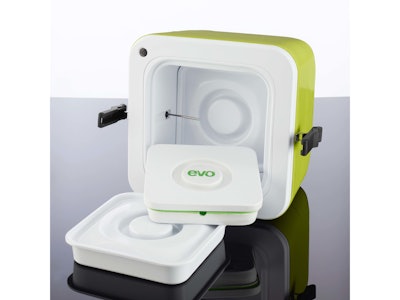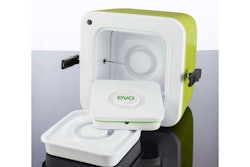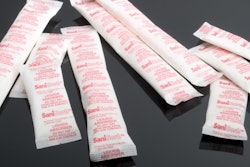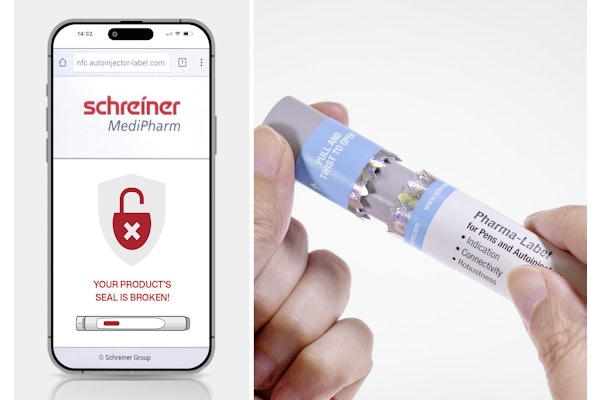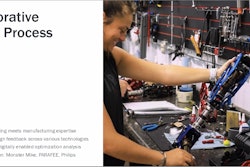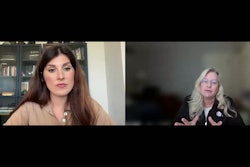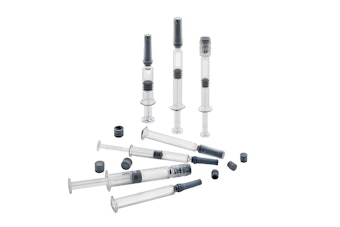Healthcare Packaging: What are some of the key current issues in temperature-sensitive packaging/logistics/shipping?
Mike Rice: The market today comprises dozens of companies supplying active and passive shipping containers of various payload capacities, data loggers, and GPS trackers, and offering white glove courier services for high-value shipments. Rather than complete monitoring of 100% of shipments, there is widespread use of a “validate then assume” approach, where minimal assessment of true post-delivery viability and functional performance of biologics is completed, taking into account seasonal changes in ambient temperature and the need for cell-based products to recover from cold storage before use.
Innovation has been incremental over the last few decades and opportunities exist for disruptive technologies to displace traditional suppliers. We believe this is being driven by the convergence of innovation in mobile electronics, increased quality and regulatory scrutiny of drug development and administration, and massive amounts of funding in the regenerative medicine market, along with the acceptance of cloud computing.
What does BioLife do? What is its relationship with SAVSU Technologies’ evo™ Smart Shipping Container, which recently won a 2015 Medical Design Excellence Award?
Mike Rice: BioLife makes biopreservation media products used to preserve biologic material such as cells, tissues, and organs once removed from the body. Without the use of effective preservation technologies and shipping containers, these biologic materials will degrade and eventually die. So, cold temperatures are utilized to reduce metabolism and the need for oxygen and nutrients. Hypothermic (refrigerated) and frozen (cryogenic) temperatures can enable an extended out-of-body/culture-conditions time interval, but the exposure to cold temperatures itself can damage biologic materials.
For many years we have maintained Master Files at the FDA to streamline the process our clinical customers complete when embedding our media products in their manufacturing, storage, shipping, and patient delivery processes. Our cloud-hosted cold chain management app works with the evo smart shipper. Users can pack out, ship, track, and monitor high-value biologic payloads during transit to the destination.
The evo smart shippers from SAVSU are passive, using cold packs that maintain a stable payload temperature. They’re frozen before use, and work with the insulating materials in the evo to provide thermal integrity of the payload during transit.
What sizes and/or styles of SAVSU shippers does BioLife offer?
Mike Rice: The evo smart shipper family includes versions that maintain payload temperature at near -80°C with dry ice, 2°C to 8°C, and CRT (controlled room temperature) from 15°C to 25°C. Payload volumes start at 1L, but generally, evo is designed for payloads of starting source materials, such as leukapheresis collection bags and tissue/tumor biopsies, and final manufactured cellular therapeutics, which may be packaged in vials, syringes, or infusion bags. Other models could accommodate collected umbilical cord blood in the payload.
How do your customers use the shippers?
Mike Rice: Our customers subscribe to our Software as a Service (SaaS) and receive one evo per subscription, which comes with two cold packs, the payload carrier, a battery charger for the integrated electronics, and shipping cartons.
Customer products intended for clinical use are regulated by the FDA and other regulatory agencies. Some of our customers are developing novel delivery tools that may be considered combination products. The evo packout process used by our customers is simple. There are only three components to pack: the bottom cold pack, the payload carrier, and the top cold pack.
Our SaaS subscription is a one-year term. The evo smart shipper is designed for repeated use by our customers. We plan to deploy evo smart shippers under our SaaS subscription plan on an individual basis. Since location-tracking electronics are integrated in the evo, we can track its travel to our customer destination and then continue the customer onboarding process with shipper and app training. Bulk shipping on pallets is an option.
BioLife has more than 500 customers in three strategic markets with the following constituents: drug discovery (big pharma and cell suppliers), biobanking (cord blood banks, tissue banks, biorepositories, adult stem cell banks, and hair transplant physicians) and regenerative medicine (cell therapy and tissue engineering companies, CMOs, CROs, hospital-based bone marrow/stem cell transplant centers, and university research labs).
We expect to begin deploying evo smart shippers to customer subscribers to our SaaS solution in the third quarter of 2015. Initial responses from numerous demos and discussions have been overwhelmingly positive.
